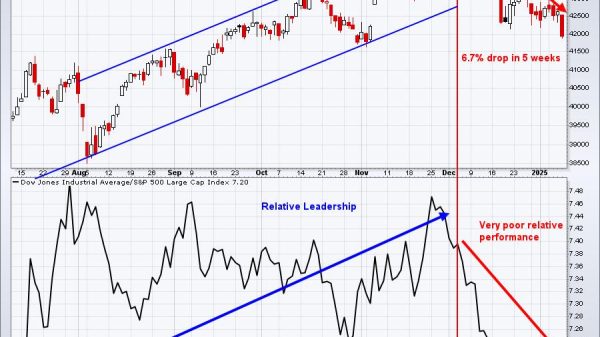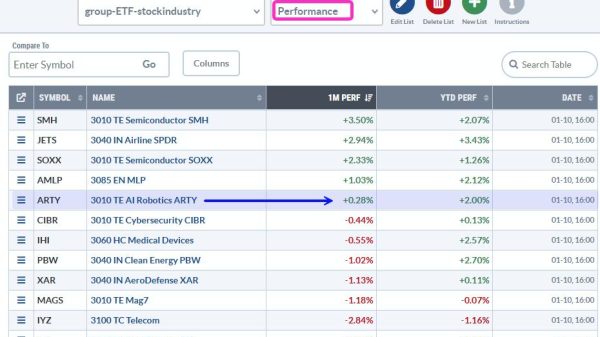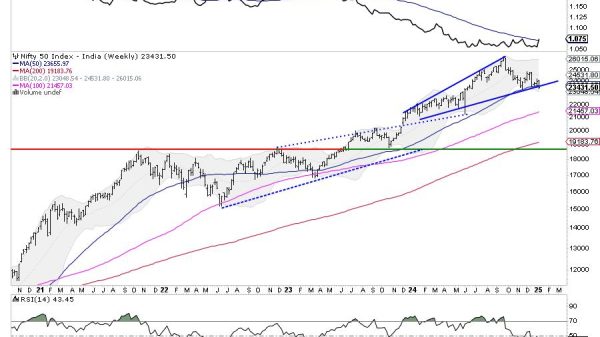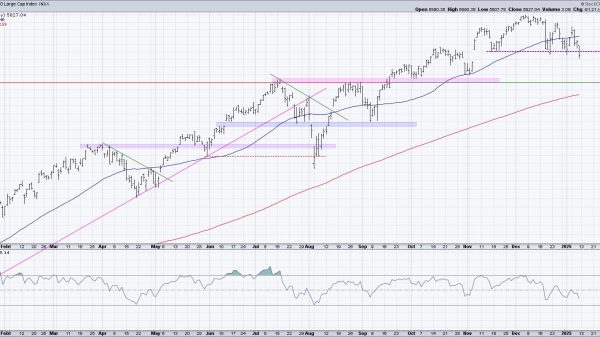SMEs in the UK are leading Europe when it comes to accepting contactless payments, with almost all now accepting near-field communications (NFC)-based card payments.
According to a survey by SME-focused fintech SumUp, 90% of UK SMEs now accept payment by contactless cards.
In Switzerland, 85% of SMEs accept the payments, while 78% do so in Italy, 68% in France and 67% in Germany.
But Germany is seeing the fastest take-up of contactless payments by its large SME sector, the Mittelstand, with a 17% increase in their use over the past year. In the UK, where most already accept the payments, there was a 3% increase.
Nina Etienne, global vice-president of marketing at SumUp, said UK SMEs have taken strides in embracing innovation. “The uptake of digital payment tech highlighted in this data demonstrates the adaptability that puts UK SMEs at the forefront in terms of using technology to improve user experience,” she said.
“While the economic landscape has created difficulties for small businesses, these statistics offer some insight both into the resilience of SMEs, as they find new ways to improve their business, and an increased trust in digital payments amongst the public, as more transactions take place through contactless methods.”
At this week’s Innovate Finance Global Summit, where thousands of fintechs met in London, the UK’s “forward-thinking” financial services regulations were cited as a reason why the UK is seeing innovation.
For example, the UK government has repeatedly raised the limit people can spend using a contactless card to increase take-up.
NFC-based contactless cards were first introduced in 2007 with a £10 spending limit. Contactless cards require spending limits because unlike other contactless payments such as Apple Pay, for which a fingerprint is needed, contactless cards do not verify whether the person making the payment is the card owner. But the spending limit has gradually increased – it moved from £30 to £45 in 2020 during the early stages of the pandemic, and hit £100 in 2021.
According to SumUp, “consumers are also a driving force behind the spread of contactless technology, as the willingness of the customer to make use of new payment methods is reflected in increases in both the number and volume of contactless transactions”.
In the UK, most payments that can be made using contactless cards are. According to figures from Barclays Bank, over 90% of transactions in 2022 that were eligible to be made using contactless technology were paid that way. The bank said the total amount spent using contactless was up by just under 50%, but it did not reveal the exact figure.
Barclays also found that the average contactless user made 220 payments last year, up from 180 in 2021. The average payment value was slightly more than £15.
The move to digital banking channels, such as the use of contactless payment technology, accelerated during the Covid-19 pandemic when bank branches and shops closed to prevent the spread of the virus. And as consumers have become more accustomed to digital technology, take-up of offers from digital-only banks has increased.
Read more:
UK SMEs are the most tech savvy in Europe























